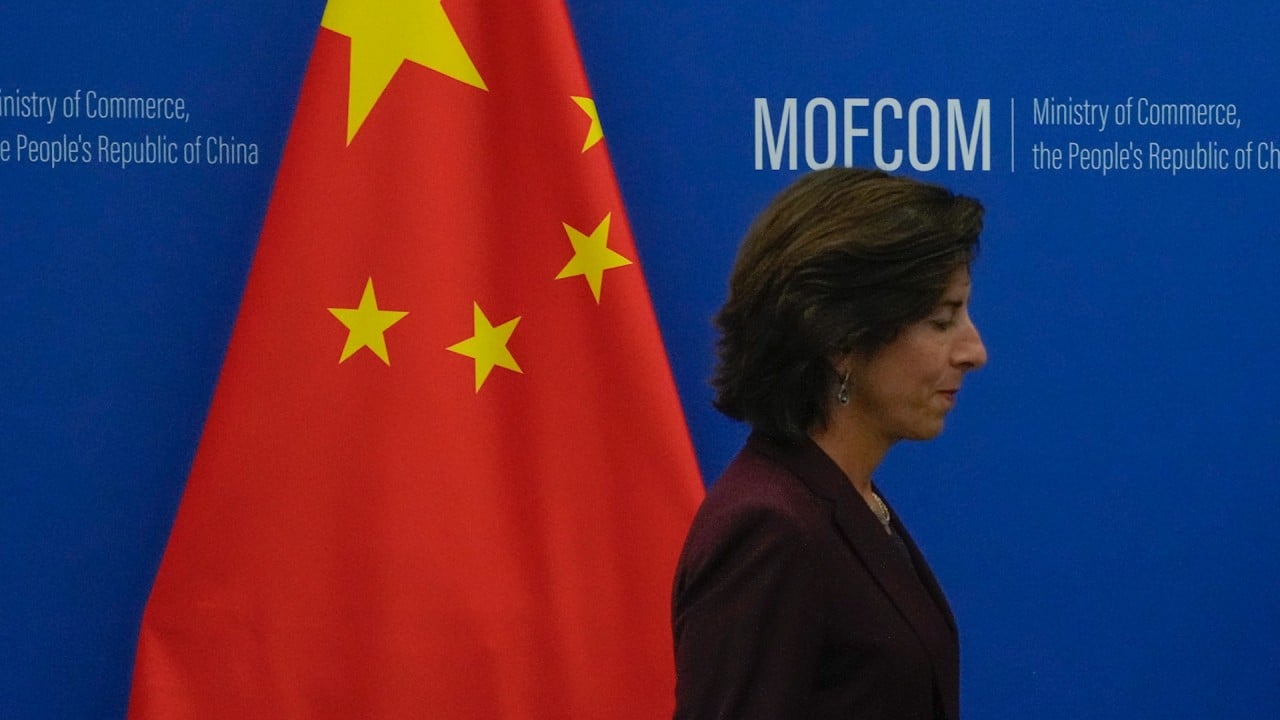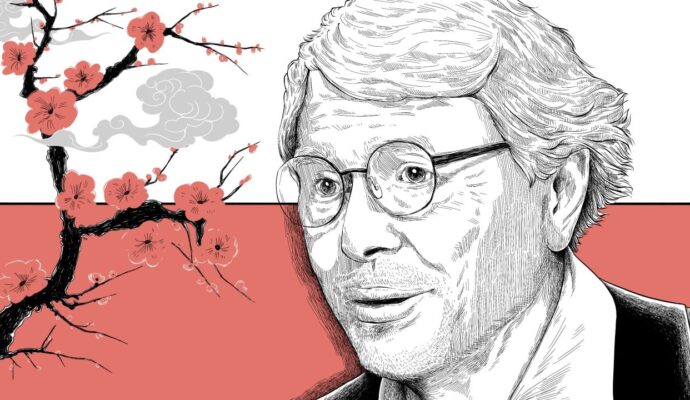Speaking at the 11th joint meeting of the China-Italy Government Committee on Monday, Wang said the two countries should treat each other with mutual respect and openness, with dialogue on an equal footing in the face of geopolitical challenges.
Wang said the belt and road plan – a massive infrastructure programme modelled on the ancient Silk Road of Eurasian trade routes – had “borne fruits” for Italy, the only G7 economy to have signed up, in a memorandum of understanding which expires in March.
China is willing to promote the “greater development” of the two countries’ comprehensive strategic partnership, Wang said, according to a foreign ministry statement released on Tuesday.
“In the past five years, the trade volume between China and Italy has grown from US$50 billion to nearly US$80 billion, and Italy’s exports to China have increased by about 30 per cent,” Wang said.
Platforms such as the China International Import Expo have allowed Italian products to reach “thousands of households” in China, he added.
Italy’s foreign minister visits China as belt and road role hangs in balance
Italy’s foreign minister visits China as belt and road role hangs in balance
Rome has until the end of the year to withdraw from its 2019 belt and road pact or see it extended for another five years.
Advertisement
Tajani said on Saturday – a day before his departure for Beijing – that the belt and road cooperation “did not bring the results we expected” and added that many Italian parties were against Italy’s participation.
However, he has also stated separately that his country wants to “work with China” and is “ready for Chinese investments”.
Wang said that “in the face of geopolitical challenges and interference, China and Italy should adhere to the correct way of getting along with each other based on mutual respect, mutual trust, open cooperation, and equal dialogue”.
“The 1,000-year friendship inherited from the ancient Silk Road has endured,” he said, according to the statement.
Where did China’s belt and road plans go wrong in Italy?
Where did China’s belt and road plans go wrong in Italy?
Tajani echoed Wang’s comments, saying that the two countries “have a long history of friendly exchanges”, with Rome willing to play a “positive role” in the development of relations between China and the European Union.
Advertisement
He said bilateral ties would be unaffected by the volatile international situation, and that Italy would continue to adhere to the one-China policy and looks forward to intensifying high-level exchanges with China.
“We appreciate Italy’s insistence on an independent foreign policy and look forward to Italy continuing to play a constructive role in the development of China-EU relations,” Wang said, adding that cooperation and common interests between China and the bloc “outweigh differences”.
Advertisement
Tajani is the most senior Italian official to visit China since the Covid-19 pandemic. He was also the fourth senior official from a Group of Seven country to visit the country over the past week.
His arrival in Beijing followed visits by US Commerce Secretary Gina Raimondo, Canadian Environment Minister Steven Guilbeault and British Foreign Secretary James Cleverly.
Advertisement
In an analysis published on Sunday, the People’s Daily affiliated newspaper Global Times suggested that Rome’s potential withdrawal from the infrastructure initiative would not be a “fundamental setback” for bilateral relations.
Tajani’s visit served as an opportunity for the countries to “thoroughly consider how much weight the BRI cooperation carries in the China-Italy ties”, the Global Times article said.
Tajani’s first stop on Sunday was the Church of the Saviour, a Roman Catholic church in Beijing’s Xicheng district with a history of 320 years, where he attended mass.
“I begin the visit by underlining our values: dialogue and respect for religious freedom are the basis of our civilisation and the foundation of peaceful coexistence,” he posted on social media after the service.
Advertisement
Tajani then met Italian entrepreneurs and business managers, calling them the “true ambassadors of Italian know-how”.
“The Government is at their side to improve the conditions of access to the Chinese market and to encourage the export of our products,” he said in a social media post.
Advertisement



